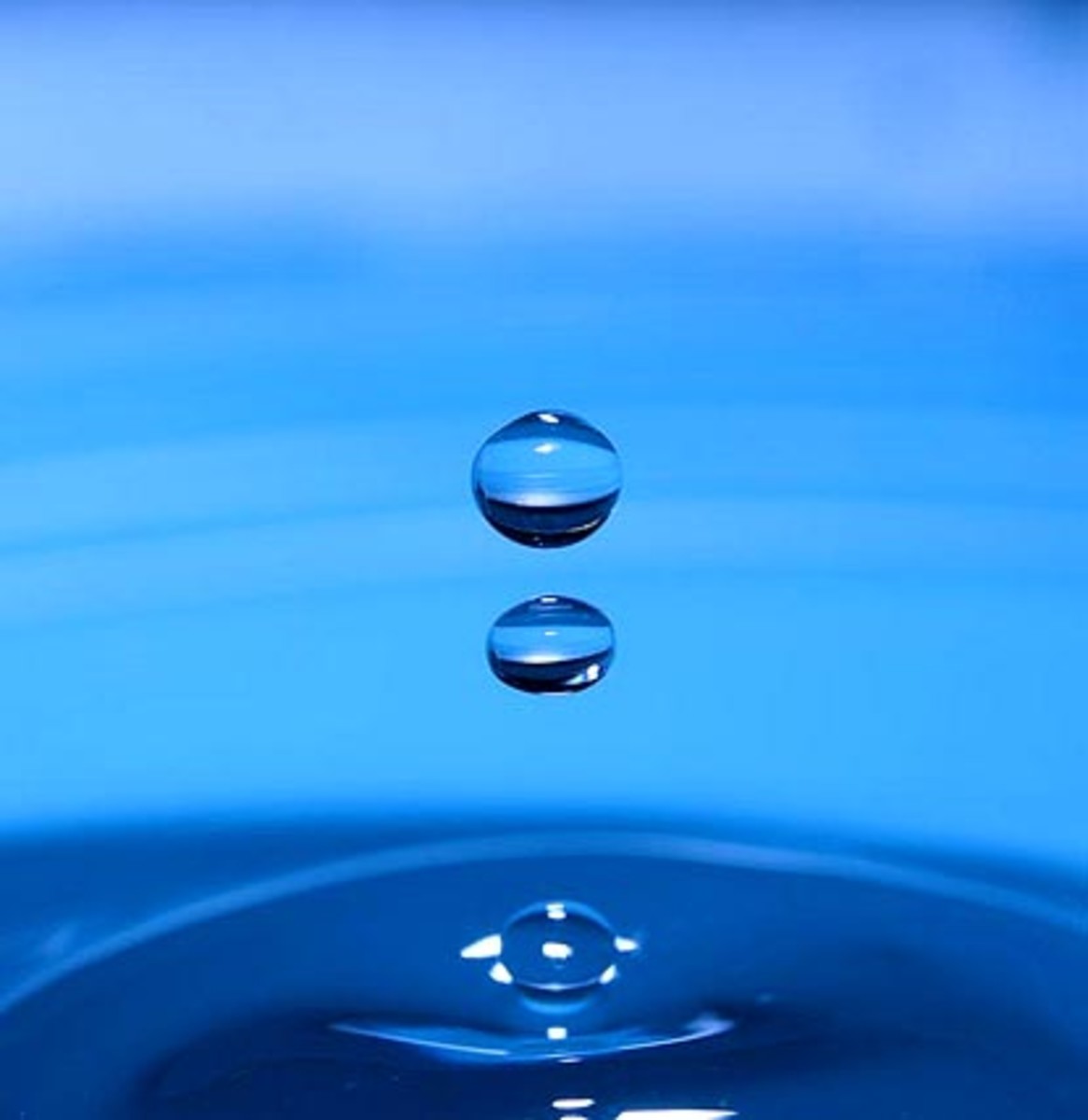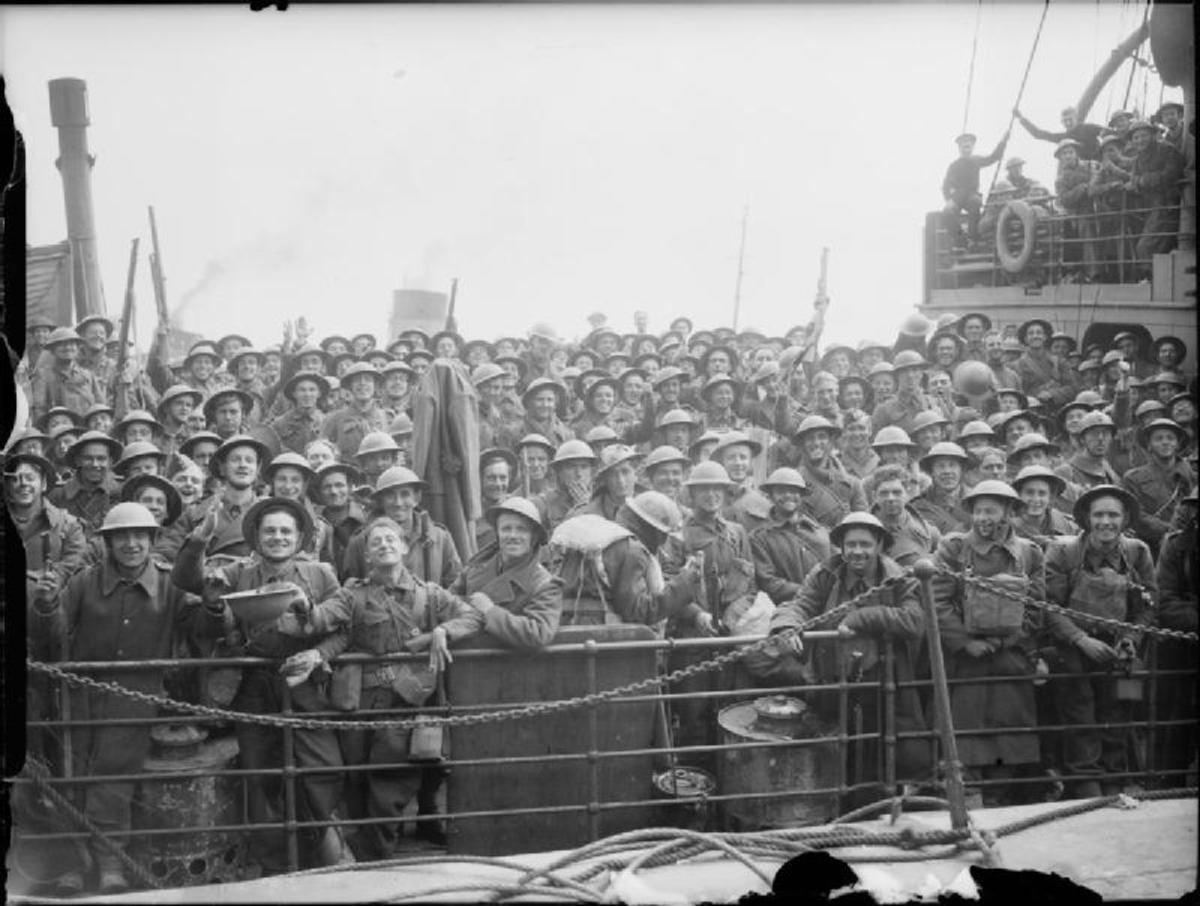- HubPages»
- Books, Literature, and Writing»
- Commercial & Creative Writing»
- Creative Writing
What I Learned as a Novice Scuba Diver
My First Recreational Diving Experience
I was certified as an Open Water Diver in Key West, FL back in 1992 by a PADI certified instructor. I was 40 years old then. I had been flirting with the idea of diving for years before that and when I finally did it, I fell in love with it. I remember the first time I put a regulator in my mouth and submerged in a pool at the beginning of my Open Water course. My brain kept screaming: "This isn't right! You can't breathe underwater!" But 40 minutes later, when I surfaced, my brain had gotten over it and I was totally enthralled.
After the pool work was completed I made three open water dives just off the coast of Key West. The last of those dives is one which will remain with me the rest of my life. As I followed the instructor down to a sandy bottom next to a small reef, with my fellow student behind me, a large form began to take shape: the form of an eight foot shark. And we were swimming directly to it. The instructor knew that it was a sleeping Nurse Shark and that it would not attack; but I didn't. As we approached the shark, it woke up, levitated up off the sandy bottom, appeared to look at us, then turned and shot off in another direction. I have to say, on my behalf, that I did not panic and run; but there are few times in my life that I can remember being even half as scared. It was good experience, though, because it taught me not to be overly fearful of the ocean and the creatures in it.
My first recreational dive trip the next year as an Open Water diver took me to Aruba, an island that lies a short distance (about 27 km) off the coast of Venezuela and between the islands of Bonaire to the west and Curaçao to the east in the Lesser Antilles of the Southern Caribbean. I purchased a five-day dive package at one of the beach hotels in Oranjestad and had a blast diving the Aruba waters all week. At the end of the week, one of the dive masters whom I had become friends with asked me if I wanted to go with him and a few others on Sunday, their day off, to hunt lobster. The guy said that I appeared to him to be pretty experienced. Adventurer that I was then, and novice that I was as well, I, of course, accepted. They didn't ask and I didn't tell them that I had only five, relatively shallow two-tank dives logged. I didn't know any better and I really wanted a lobster.
Sunday morning came and I was excited. I met them at the appointed place, we got on the boat, stowed our gear, and headed out for our dive. When the boat slowed, then came to a stop, I noticed that the color of the water was very dark blue; nearly black. What I did not realize is that it meant it was very deep water.
There were seven of us including me. We split into two teams, one of three and one of four. The first team, three divers, went first. About a half hour later they surfaced with two gigantic Spiny lobsters. Wow! Now it was my team's turn. We entered the water and began our descent. In all my previous dives (all five of them), I could either see the bottom or it was a very short swim to it; maybe twenty to fifty feet. On this dive, though, it was a long, long way down... and it was dark. When we finally got to the bottom, I found a hollowed out place in the sand and checked my depth gauge. Whoa! I was in 120 feet of water. But rather than become fearful, I became excited. All I could think about was what a cool story this would be. And, as a novice diver, I did not know how to conserve my air; I did not know that there is a method of breathing when deep diving that can more than double your bottom time. I also forgot that at four atmospheres, I was using about eight times more air with each breath than on the surface. So, it was over eight minutes before I remembered to look at my air gauge while unwittingly blowing through my air supply. I had started out with 3000 PSI in my tank. I was already down to 500 PSI in eight minutes. Now, I started to feel some urgency. I thought of ascending to the surface, but didn't know how to calculate whether I had enough air to make the ascent. I looked around and saw the guy that I had befriended and made my way over to him. I signaled that I was low on air. He just kept on hunting lobster. A minute or two later, I looked at my air gauge again and I was at 250 PSI. I could see the needle move down as I took a breath. Now, I was scared. I caught up with my buddy again and showed him my air gauge. He shrugged it off again and continued to hunt. Nevertheless, I stayed very close. Finally, my air gauge dropped to zero. I grabbed my dive buddy and signaled that I was out of air and showed him my air gauge. He finally responded by giving me his octopus and showing me his air gauge. He still had about 1300 PSI left in his tank. We finally began our ascent... without any lobster.
I am relating this story mainly for the benefit of new divers. Scuba diving is a great sport. It's fun and exhilarating. But it is a very dangerous sport. Because of my own inexperience, I very well might have drowned in Aruba's waters. What if I had gotten separated from the group or panicked? I would probably not be writing this story today if either was the case. My point is this: when scuba diving, always know what you're doing, strive to know when you don't know what you're doing, and always be aware of everything and everyone around you.
© 2011 Mark E Smith








